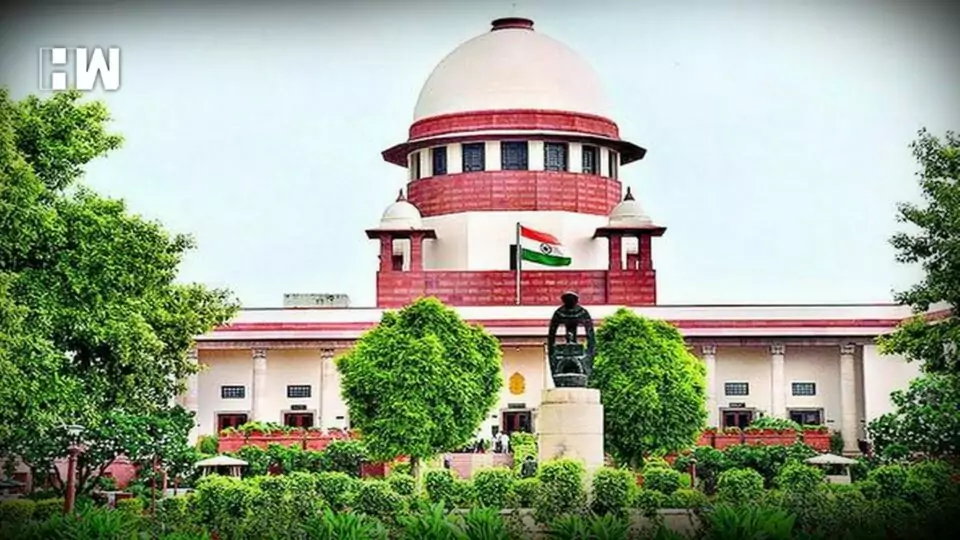The Supreme Court on Tuesday issued a notice to the Centre on the petition filed by a group of journalists seeking guidelines on the search and seizure of digital devices.
New Delhi: The Supreme Court on Tuesday issued a notice to the Centre on the petition filed by a group of journalists seeking guidelines on the search and seizure of digital devices.
The Court also tagged the petition with other similar matters. The direction was passed by a bench of justices KM Joseph and Hrishikesh Roy.
The court was hearing a plea filed by Foundation For Media Professionals through Advocate Rahul Narayan.
In the petition, the journalist association has raised the issues like today, digital devices, especially personal devices such as mobile phones and laptops, contain more sensitive personal data about individuals than any physical space, such as a house or a vault and can be found with a person almost at all times, and are effectively an extension of the self.
“Even if it is assumed that the existing legal provisions across general and special laws are applicable in context of the digital realm-going beyond mere production / seizure of devices but to the production/searches of their contents-it is submitted that existing legal provisions, either under the Criminal Procedure Code 1973 or under various special laws, are insufficiently tailored to ensure that law enforcement agencies exercise powers in a manner consistent with the fundamental right to privacy,” the plea said.
The petitioner said that state agencies seek to justify these practices by invoking their powers to compel the production of items, or conduct search and seizure operations during inquiries or investigations and submitted that these practices are contrary to the fundamental right to privacy inherent in Article 21 of the Constitution and other constitutional provisions.
The petitioner has urged the top court to declare that the contents of an arrested/accused person’s digital device and password/passcode/biometric ID thereof are protected by the guarantee against compelled self-incrimination as under Article 20(3) of the Constitution of India.
The petitioner also urged the court to declare that the extant legal regime of search and seizure does not cover the search, seizure and access to contents of an individual’s personal digital devices.
Also Read: Madhya Pradesh: Girls Make Dance Video At Mahakal Temple In Ujjain; Minister Orders Probe
In the alternative, declare that to the extent that the extant legal regime does apply to search, seizure, and access to contents of an individual’s personal digital devices, it breaches the fundamental right to privacy under the Constitution of India, the petitioner said
The petitioner also sought to pass appropriate orders directing the Union of India to draft model legislation for enactment by states in respect of the search and seizure of digital devices and examination of their contents in consonance with the fundamental rights guaranteed under Part III of the Constitution of India as interpreted by the top Court.
The petition also sought to issue appropriate guidelines to fill the lacuna until such time that legislation is passed, including that law enforcement agencies may not seek access to an individual’s digital device without applying for and obtaining a prior judicial warrant, except in cases of emergencies, where such a warrant must be sought for and granted within 48 hours of the search, failing which the search shall be deemed to be unconstitutional and any material obtained therefrom rendered inadmissible in evidence.
(Except for the headline, this story has not been edited by HW News staff and is published from a syndicated feed.)
As an independent media platform, we do not take advertisements from governments and corporate houses. It is you, our readers, who have supported us on our journey to do honest and unbiased journalism. Please contribute, so that we can continue to do the same in future.

